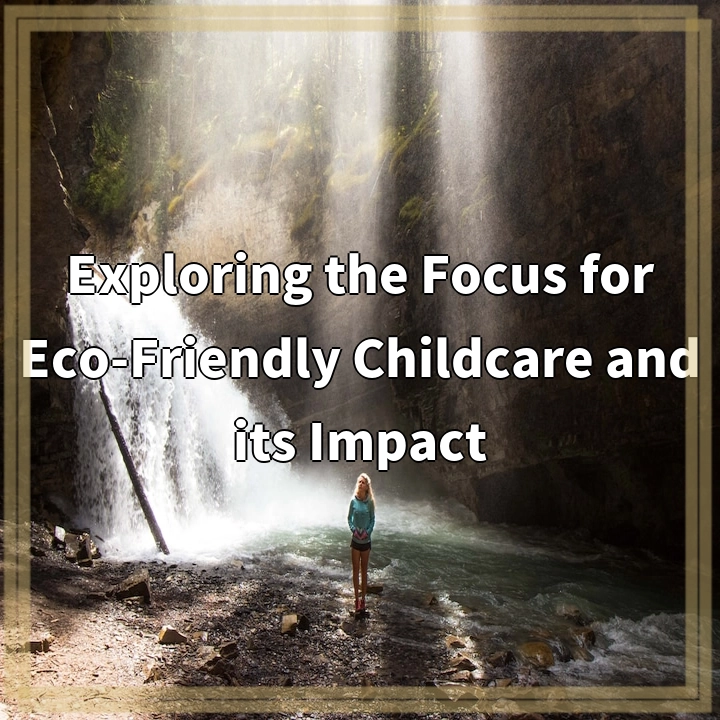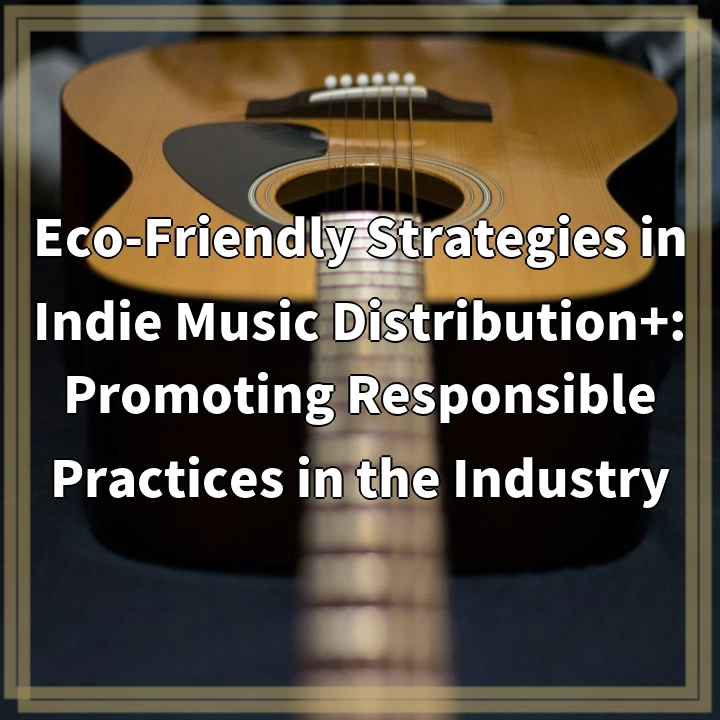
What is Eco-Friendly Childcare?
Eco-friendly childcare refers to a growing movement that focuses on promoting sustainable practices and protecting the environment within child care settings. It involves implementing eco-conscious policies and incorporating environmentally friendly practices to create a healthy and sustainable learning environment for children.
Exploring the Focus for Eco-Friendly Childcare
Promoting Nature-Based Learning
Nature-based learning is a key aspect of eco-friendly childcare. It involves providing opportunities for children to connect with nature, learn from it, and develop an appreciation for the natural world. This can be achieved through nature walks, gardening activities, and allowing children to engage in unstructured play in natural outdoor spaces.
Reducing Environmental Footprint
Eco-friendly childcare also aims to minimize the environmental footprint of child care facilities. This can involve practices such as conserving energy and water, reducing waste generation through recycling and composting, and using environmentally friendly cleaning products and materials.
Promoting Healthy Living
Eco-friendly childcare prioritizes the health and well-being of children by creating a toxic-free environment. This means using non-toxic materials for toys and furniture, providing nutritious and organic meals, and implementing policies that encourage physical activity and active play.
Real-World Problems Associated with Eco-Friendly Childcare
Limited Access and Affordability
One of the challenges with eco-friendly childcare is limited access and affordability. Not all communities have eco-friendly child care facilities available, and those that do often come with a higher cost. This can make it difficult for some families to access and afford eco-friendly child care options.
Lack of Regulatory Standards
Another issue is the lack of regulatory standards and guidelines specifically tailored to eco-friendly child care. While there may be general child care regulations in place, they may not address the specific environmental and sustainability aspects of eco-friendly child care. This can lead to inconsistencies and variations in eco-friendly practices across different facilities.
Educating and Engaging Parents
Educating and engaging parents in the importance of eco-friendly child care practices can also be a challenge. Many parents may not be aware of the benefits of eco-friendly child care or may not prioritize it due to other factors. Increasing awareness and providing resources and support to parents is crucial in promoting the adoption of eco-friendly child care practices.
Overall, eco-friendly childcare offers a promising approach in creating a nurturing and sustainable environment for children. By promoting nature-based learning, reducing environmental impact, and prioritizing children’s health, eco-friendly childcare contributes to a greener future for the next generation.

Solutions for Eco-Friendly Childcare
Expanding Access and Affordability
Efforts should be made to increase the availability and affordability of eco-friendly childcare options. This can be achieved through public-private partnerships, government initiatives, and financial assistance programs to support the establishment and operation of eco-friendly child care facilities. Collaboration with community organizations and businesses can also help expand access to eco-friendly childcare.
Establishing Clear Regulatory Standards
Regulatory bodies and policymakers need to develop specific and comprehensive guidelines for eco-friendly childcare. These regulations should address environmental sustainability, health and safety standards, and nature-based learning requirements. Implementing consistent and clear standards will ensure that all eco-friendly childcare facilities adhere to best practices and provide a high-quality learning environment.
Engaging and Educating Parents
Education and awareness campaigns targeting parents can play a crucial role in promoting the benefits of eco-friendly childcare. Providing resources, workshops, and information sessions can help parents understand the importance of sustainable practices and empower them to make informed decisions in choosing eco-friendly childcare options for their children. Collaboration with parent organizations and community groups can further enhance parent engagement.
Fostering Collaboration and Knowledge Sharing
Collaboration among childcare providers, educators, policymakers, and environmental organizations is vital for the growth and development of eco-friendly childcare. Establishing networks and platforms for knowledge sharing and best practices can encourage the exchange of ideas, experiences, and innovative solutions. This collaborative approach will contribute to the continuous improvement and progress of eco-friendly childcare practices.
By implementing these solutions, we can work towards a future where eco-friendly childcare options are accessible, affordable, and widely available. Through collaboration, education, and clear standards, we can create a nurturing and sustainable environment for our children and inspire them to become stewards of the environment.















